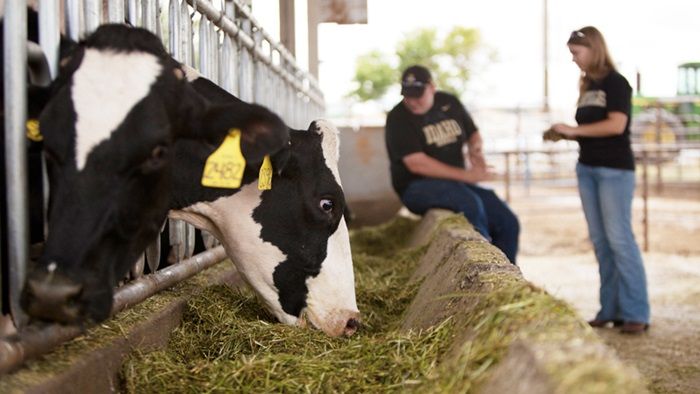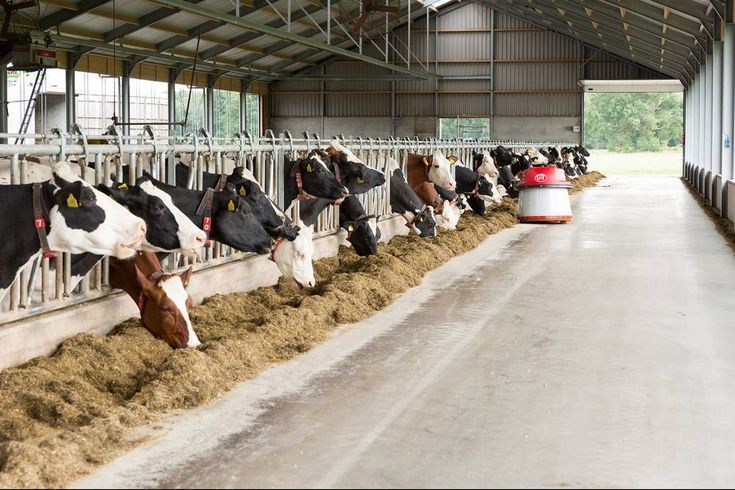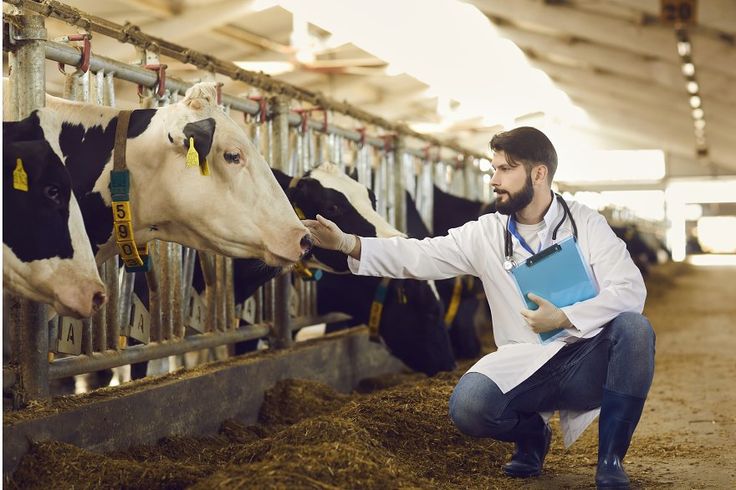Milk quality is a critical factor in the dairy industry, influencing profitability and consumer satisfaction. Natural methods to improve milk quality focus on cow health, nutrition, and overall management. By implementing sustainable and cost-effective strategies, farmers can ensure high-quality production while maintaining animal welfare.
1. Prioritize Proper Nutrition
A balanced diet is essential for producing high-quality milk. Cows need adequate roughage, grains, proteins, vitamins, and minerals to ensure optimal health and milk composition. Include forages like alfalfa or silage and supplement with concentrates to meet nutritional needs. Providing consistent feed schedules and access to clean water helps maintain stable milk fat and protein levels.

2. Maintain Excellent Udder Hygiene
Udder health is directly linked to milk quality. Dirty udders can lead to bacterial contamination and diseases like mastitis. Clean udders before and after each milking using disinfectant solutions. Regularly sanitize milking equipment to prevent the spread of pathogens and maintain milk cleanliness.

3. Reduce Stress for Cows
Stress can negatively affect milk production. Ensure cows are housed in clean, comfortable, and well-ventilated spaces. Avoid overcrowding and provide soft bedding to keep cows relaxed. Gentle handling during milking and other interactions also minimizes stress.
On a similar note, at Kimd Group Companies, we support beginner farmers by offering tailored business proposal writing services and design plans for various animal capacities. Therefore whether you’re just starting out or looking to expand, we provide the resources and expertise to help you succeed in the farming industry
4. Monitor Herd Health Regularly
Healthy cows produce better milk. Conduct regular health checkups to detect and address illnesses promptly. Vaccinations, deworming, and parasite control prevent diseases that may compromise milk quality. Keep a record of health and treatment histories to manage potential issues effectively.

5. Focus on Milking Techniques
Consistent and careful milking routines are essential. Milk cows at the same times daily to maintain a steady production rhythm. Avoid over-milking, as it can harm udder health and decrease milk quality. If possible, invest in automated milking systems to ensure uniform milking practices.

6. Enhance Cow Comfort
Comfortable cows are more productive. Provide adequate space for movement, clean sleeping areas, and protection from extreme weather. Cooling systems, such as fans or sprinklers, are beneficial in hot climates to prevent heat stress.
7. Implement a Strict Waste Management System
A clean farm environment reduces the risk of milk contamination. Dispose of manure and other waste promptly to prevent bacterial spread. Use composting or biogas systems to manage waste sustainably while keeping the surroundings clean.
Conclusion
Improving milk quality naturally involves focusing on cow health, nutrition, hygiene, and stress management. By maintaining clean environments, providing balanced diets, and prioritizing animal welfare, farmers can produce high-quality milk sustainably. These practices not only benefit the farm’s profitability but also build consumer trust in dairy products.
